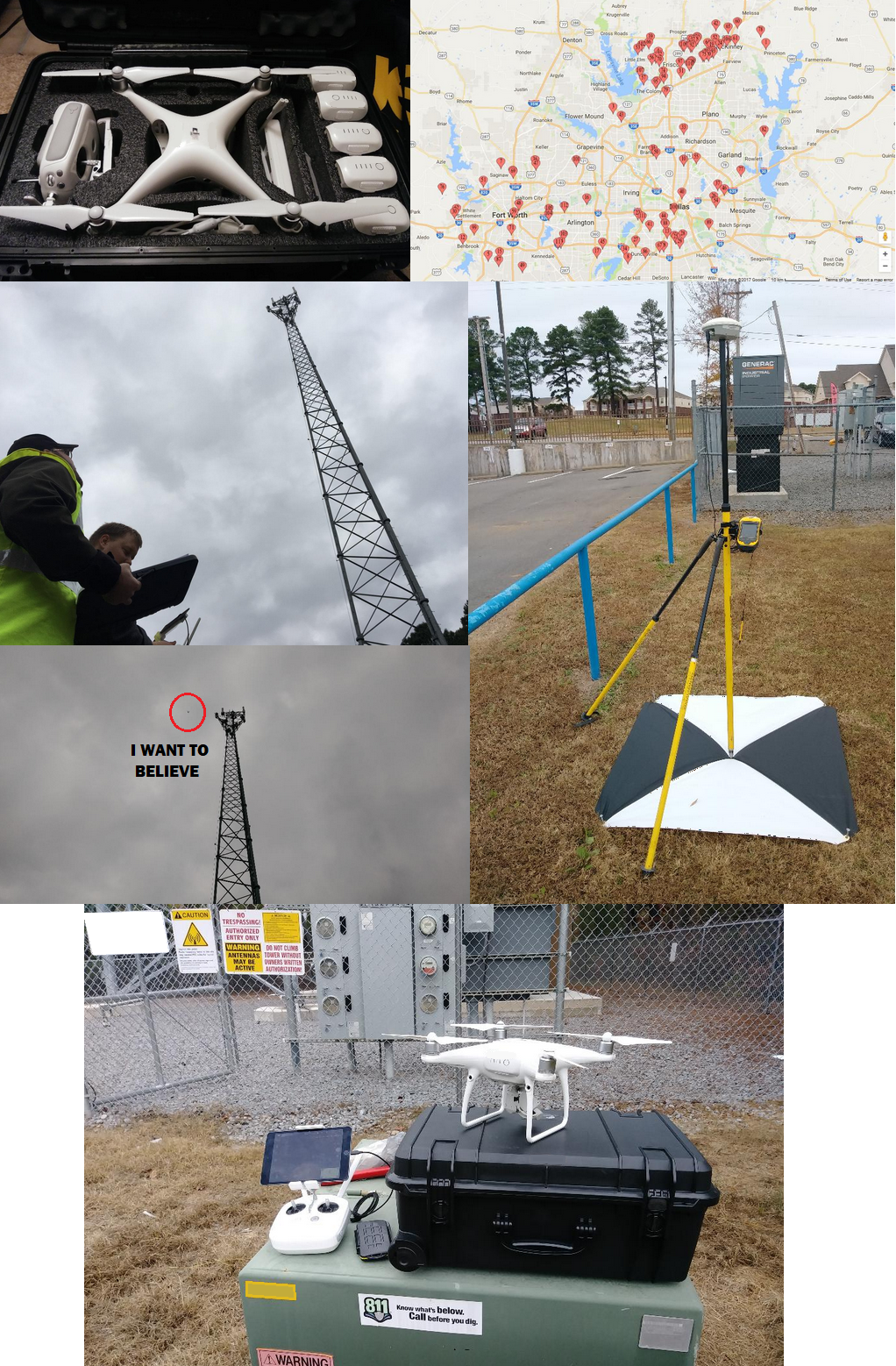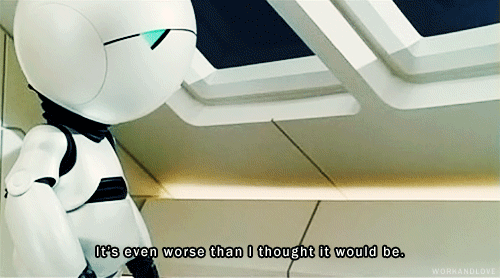I can’t figure out how to describe a “typical” day, because there hasn’t been one in four years, and I like it that way.
I’ve basically helped rebuild six companies’ IT and telecom infrastructure along with a small team of one dedicated sysadmin (me), one Jr. Sysadmin and primary desktop support guy, two DBAs who double as management (we moved the manager role off of me and back to one of them after my work got him unburied from wearing way too many hats), and that’s it.
We had a DevOps guy for less than a year, and that was a bad hire and a disaster in the end. Almost nothing he built turned out to be sane. Unfortunately.
Currently doing the slow hiring look around thing for another sysadmin who fits the culture. No idea where we will put him, but we’ll figure it out. Maybe I don’t need a desk anymore. Ha.
Rebuilt:
Server room, all servers, all network, and phone system...
Redesigned:
Server VM architecture, network design, security design, remote worker design and implementation, etc etc ...
Spec’d:
All of it, really. With the team.
Vendor relationships:
I manage most of them, along with one other person for sanity checks.
Involved but didn’t do alone:
Replaced all sorts of stuff... chat, source control, added Ansible and Jenkins automation, monitoring system, VM farm, trashed old standalone servers and upgraded all hardware... you name it, the former sysadmin’s stuff all got ripped out and replaced.
Also involved in a massive move away from a hosted data center to AWS for everything. Largest system we run deploys over to it for Production this week.
The above understates it all. When I got there the phone system had to be rebooted weekly at a minimum or it crashed (one of three six companies is a call center. Phones are critical to them). Network was 10/100 unmanaged, VM farm was a disaster running in XenServer, OS’s were hideously out of date (one Production server was running RedHat 4), no UPS on anything, nothing in racks, cabling was impossible to trace anything, no PoE for phones, no WiFi, no conference bridge, chat server crashed twice a week, source control server was down at least once every two weeks, I mean... it was BAD. Really bad. I estimated three years to clean it all up, and I was right. While still keeping the pieces that hadn’t been fixed yet, running.
So, a typical day? Didn’t really exist. Still doesn’t. But I like it that way.
This has now morphed into I’m the “project” guy. And I’m allowed to set my own schedule while chasing flight ratings. Some weeks I can’t play airplane, like this week... big AWS move this week. But other weeks, I can disappear to the airport.
Once the ratings are all done, I don’t know. Really I don’t. In the last few years we finally reached our goal of being 100% debt free. It’s a game changer for us. We’re still figuring it out. Part of that is the question of whether or not I’m switching to full time Aviation. I don’t know yet. Just taking that project one step at a time, and 2017 was such a disaster for other reasons, that it’s just getting to where I can push that ball uphill some more.
All I know is I don’t want a “typical day” anymore. I enjoyed my time in a few big telecom companies and a big data center company, but after a number of years doing project work, I’d go nuts doing the same thing every day and sitting in meetings about it.



